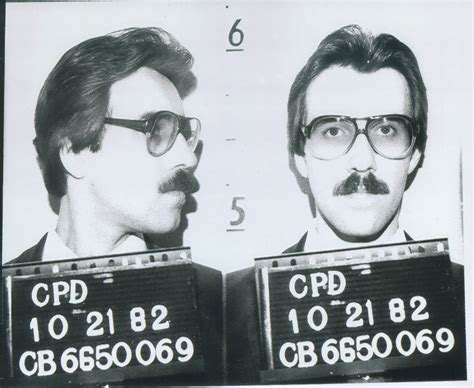Niro presents Sam as someone who wants the world, but doesn't want the attention. He wants to take everything that you have, but not to make a big thing out of it. He can have it, because it's his. In one scene, Sam frustratedly complains about his muffin not having as many blueberries in it as the next muffin. It's an inconsistency that he can't abide by. Sam wants more blueberries, yes, but he also wants control, of something as large as a casino, and as trivial as a blueberry muffin. It smacks of desperation, the sort of desperation that comes from a man who knows his industry is dying.
Meanwhile, Nicky, as vile as he is, tries to be a voice of reason to the unravelling Sam. It might be Pesci's finest performance. Nicky has the bark of little dog and the bite of a big one, but he also has the insecure wounded qualities of a dog who's been hit on the nose one too many times. He and Ginger are a mistake waiting to happen, both of them vulnerable and with an enemy in common, but Nicky exerts his waning power over Ginger nonetheless. He works in Vegas; he's used to taking advantage of situations.
Casino gives us a sweeping, bird's-eye-view of things. It opens with a fiery explosion, only to jump back in time and leave the aftermath of said explosion until the very end. It couldn't be more fitting: Casino is watching a disaster happen in slow motion. It's the end of an era, crumbling under its own weight, and the end of a trio of people, screwed over by poor choices and uncontrolled emotions, a sort of last gasp before dying, like De Niro at the end of Cape Fear (1991) submerging madly below the waters of the lake.
It's all cyclical though. Scorsese hilariously shows us swaths of elderly gamblers spilling into the casino in dramatic slow motion, after the mob rule of the city has died. It's not that the snake-eating-its-own-tail manner of capitalism has ended, it's that it has been repackaged and rebranded as friendly, a fun holiday for the elderly and honeymooning couples. It is no less predatory and the practices are no less mercenary than they once were, only now visitors feel comfortable because surely the government wouldn't allow bad practices to occur for profit, right? Scorsese and Pileggi's script perhaps bleakly suggests that one mob has been replaced by another, and that there are probably other Sam Rothsteins making their bones just as unconscionably.
The satire is caustic, but again, it's the studiousness of character and motivation that sets Casino apart from Scorsese's other mob films. It's rich with insight and endlessly fascinating in its portrayal of desire run amok. Scorsese is not a didactic director. In fact, his refusal to scold has even made people wonder if his film The Wolf of Wall Street (2013) celebrates the lifestyle it depicts (hint: it doesn't), but anyone paying close enough attention to his work and his beliefs will understand exactly what Scorsese is saying: that greed is the ultimate destructive force and that nobody is invulnerable to its power. Casino is the struggle of people trapped inside this battle and the question of whether they can ever cleanse themselves of it.
Casino was well-reviewed when it was released, but not to the same degree as some of Scorsese's previous work. Even now, it's not talked about as much as his other mob film, or indeed Taxi Driver (1976) or Raging Bull (1980). I wonder if this might be because Casino's character work is more subtle, and its plotting more complicated and, for want of a better word, technical. It's world-view requires deeper digging and it's generally a dark and troubling film. It doesn't wash down as smoothly as Goodfellas, and nor should it.
Nonetheless, Casino is enjoying a reappraisal, thanks in part to The Irishman's recent critical acclaim. It deserves to be talked about and remembered, not as a lesser work of a great artist but as a vital work by one of the great living filmmakers. It's easy to fall into the trap of comparing a director's works, but ultimately, Casino stands on its own. It doesn't live in a vacuum, but it is not a copycat, nor a retreading of old ground. In fact, watching it in 2020 makes clear that sometimes distance and time is needed for a film to blossom, and for its ideas to become even more pertinent.
Today, it might even be my favourite Scorsese. That title changes a lot though, so I won't bet on it.
